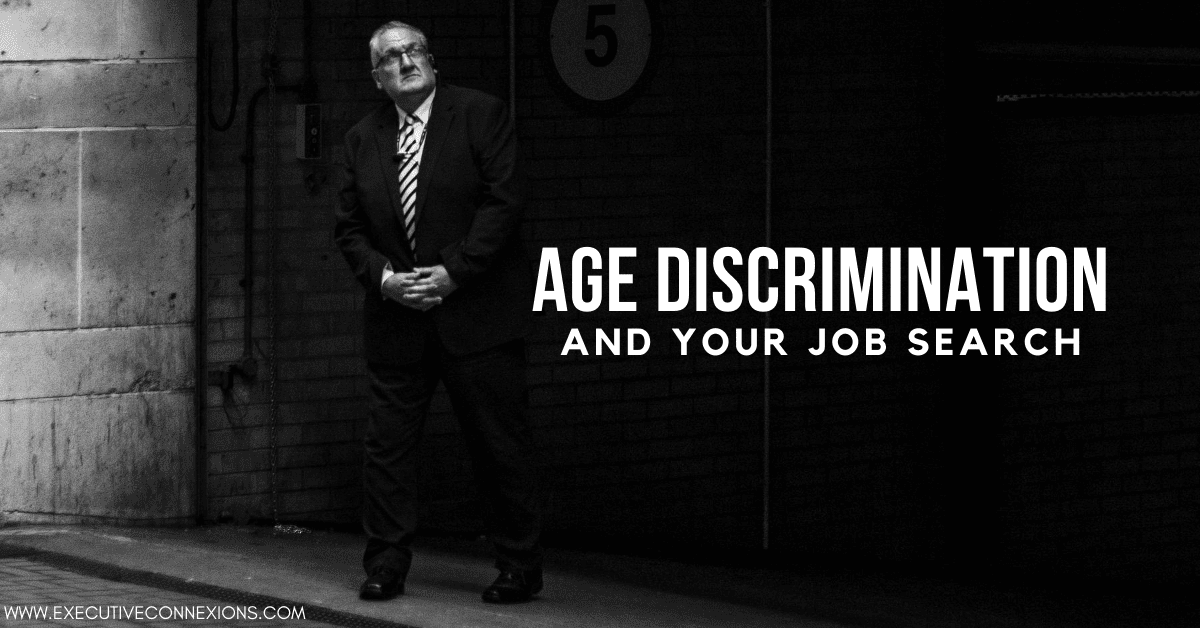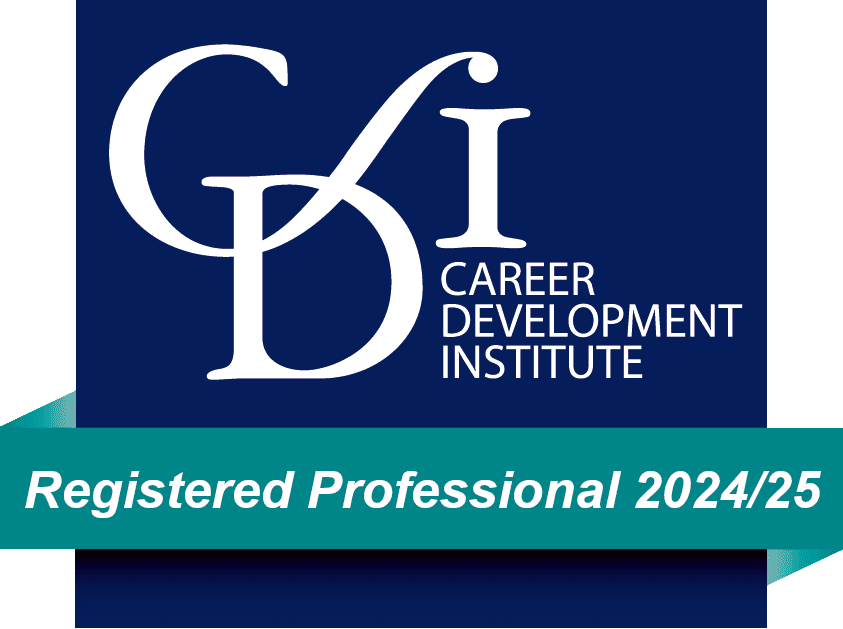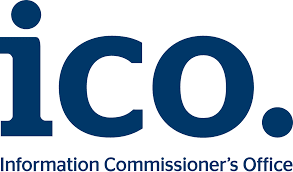We’re all prisoners of time and we all become older as each day goes by.
Probably, you shouldn’t judge a book by its cover (ok, the image we’ve used may be a tad over the age range of our typical client, but you get the idea!); however, most people do, especially potential employers.
In your job search there will be times when you fear … and then later suspect … that your age is holding you back. The optimists suggest that age is just a number but in the job market reality suggests otherwise. What can you do to overcome ageism in your job search?
There is no obligation for a job seeker to divulge their age, so don’t unwittingly create ‘knock out’ points! Since the introduction of age discrimination legislation application forms will not ask for your date of birth. There’s one golden rule – never falsify any information which wrongly indicates you may be younger than you actually are. Instead be proud of your skill sets and play to your strengths but there are a number of positive steps you can take to reduce your image of being seen as too old.
The purpose of a CV is to gain an interview or a meeting to discuss a job vacancy – it should be modern and not contain anything which suggests you’re old fashioned. Also, most recruitment consultants advise that potential employers are only interested in the past 10 years of your career achievements, and not further back. So here’s your chance – avoid listing O levels, which predated GCSEs, or the polytechnic where you studied which is now a university. On your CV previous achievements with a business which has subsequently changed its identity, following a merger or acquisition, may be better listed by its current name.
On your CV watch the wording and terminology, and avoid indications that you’re a mature applicant. The positive news is that as the demographics of the UK and much of the western world become older, conversely, in the work place mature people are becoming common place. Ask a younger person – a relative or trusted colleague – to look over your CV and comment on anything they consider to be old-style.
The public sector and charitable or not for profit sectors are widely regarded as being more accommodating to older workers. They have embedded policies of Equal Opportunities which do not discriminate on account of age. At interview, mature applicants may also stand a better chance of success when older people are on the interview panel, although this is something you have little control of. You may wish to focus your job search on long-established, more traditional organisations instead of newer companies where the culture of the work force comprises mainly young guns. Although it could be argued that such organisations may purposely seek older recruits to gain proven experience.
With your covering letter or accompanying email, chose a contemporary type-face. Try to use ‘with-it’ and ‘buzz’ words and terms; again, ask a younger person what they think.
The old adage: ‘an ounce of image is worth a pound of ability’ holds good. At the interview or informal meeting, all is revealed as you walk into the room so consider your style of dress, from the clothes you wear, jewellery and the style of your spectacles, if worn. You may consider gaining advice from a colour consultant or makeover adviser; a Google search will locate people in your area offering this service which may be money well spent. Check out the organisation’s brand image, do you fit it? The more prestigious the company the greater emphasis on the ‘right brand look.’
At the interview, understandably you might be nervous – most applicants are, but during the ice-breaker stage of the interview don’t volunteer information that places you in a specific age category – avoid any mention of grandchildren, grown up sons/daughters; instead ‘family’ will suffice. Avoid using terms such as ‘back in my day’ which indicates being long in the tooth, or ‘back in the 1980s when I worked for ….’ Instead the simpler terms of ‘then’ or ‘previously’ will suffice. Convey that you are forward thinking and look to the future. Try to steer the discussion towards future plans and creative, innovative initiatives but certainly not retirement – after all, her majesty the Queen does so in her messages and this year she’s 90!
During the interview questions, be particularly careful not to unwittingly talk down to any younger members on the interview panel, or to accidently patronise them with comments such as ‘I can remember the time when ….’ or ‘I’ve been doing this long enough to know that ……’ Instead, ‘this was valuable experience for future developments ….’
If you’re asked to give a presentation, this is an excellent opportunity to demonstrate your ‘modern’ approach to technology. Instead of traditional PowerPoint, try Prezi; a few Google and YouTube searches will provide plenty of guidance on how to use it.
Your homework is to carefully observe older people in work and notice their mannerisms, choice of words and style of dress and then ask yourself: Am I like that? Is that how others see me? Observation of others is a powerful tool for one’s own self-reflection…
Resist the temptation to totally revamp your wardrobe and dress like a teenager – instead save this for your next fancy dress party!
Do you think your age is a factor you should be concerned about in your job search? Have you been told you’re over-qualified or over-experienced for the job you want? Do you get the impression employers believe you’re too old for the role? Let us know your experiences in the comments below.
To shed some light on employers’ perceptions of older candidates, we have developed a white paper based on independent research that explores the misconceptions amongst hiring managers and looks at the positive attributes associated with older candidates.
Get your copy now by completing the form below – or email us at [email protected]











